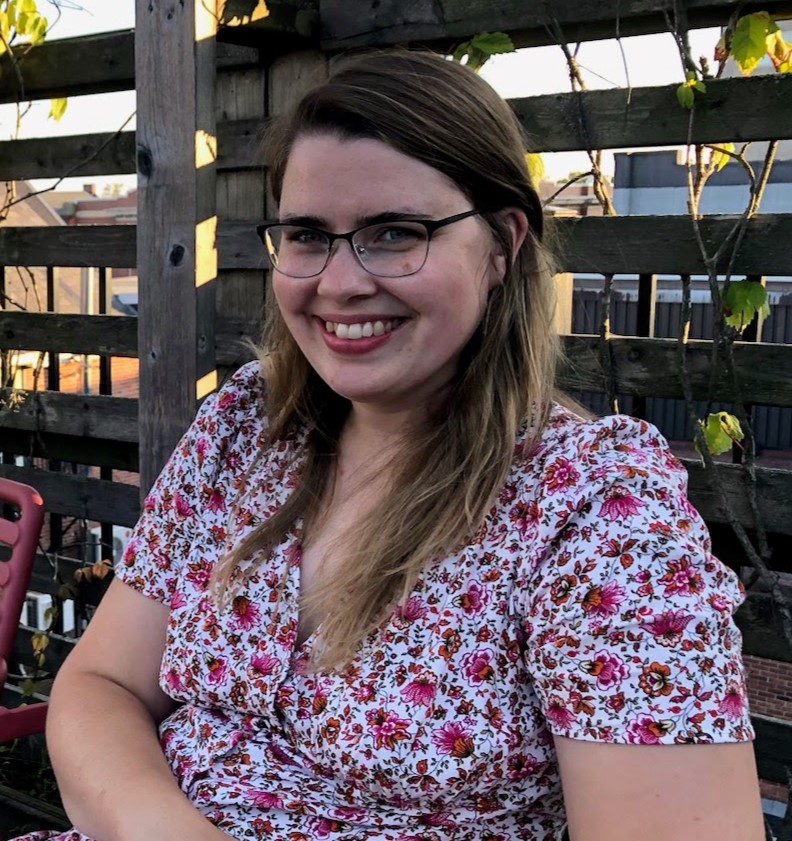
Online Minor in Interdisciplinary Disability Studies
About the Program
The online Minor in Interdisciplinary Disability Studies is open to all undergraduate degree-seeking students who wish to explore disability within the larger context of humanness and human variation and examine professional practice, scholarship, and policy related to persons with disabilities.
For more information, visit the Center for Community Inclusion and Disability Studies website.
Contact Us
Have questions about earning your degree online with UMaine? Contact a UMaineOnline advisor.
Curriculum
The coursework provides students with an appreciation of the many factors that affect human diversity and how their disciplines and disability studies can reciprocally inform one another.
Declaring a Minor
To declare a minor, complete the Change of Program form, which can be found on the UMaine Student Records website and the UMaine Portal.
Please submit the Change of Program and Plan of Study forms to Dr. Stephen Gilson, IDS Coordinator and Professor, at stephen.f.gilson@maine.edu.
Careers
Careers in disability studies focus on creative education for diverse learning styles, accessible healthcare, biomedical engineering, accessibility in arts and performance, policy development in human rights, navigation, and communication accessibility. For example, a product designer may collaborate with a roboticist to craft innovative mobility equipment for mobility-impaired people who want to participate in productive activities and sports.
Examples of Who Can Use This Minor
- Student Accessibility Services personnel wanting to enhance their understanding of access beyond what the ADA legislates.
- Employers and human resources personnel committed to diversity, equity, and inclusion for all people.
- Rehab professionals (e.g., occupational and physical therapists and speech-language pathologists) wanting to learn about policy and accessibility strategies.
- Arts and performance professionals wanting to expand their performances and offerings to people who consume these media differently.
- Elected officials wanting to examine disability policy in detail and to advance fair and equitable rights and legislation.
- Medical professionals desiring to improve accessibility in their practices.
Faculty
- Elizabeth DePoy, Ph.D., IDS Professor
- Stephen Gilson, Ph.D., IDS Coordinator and Professor








